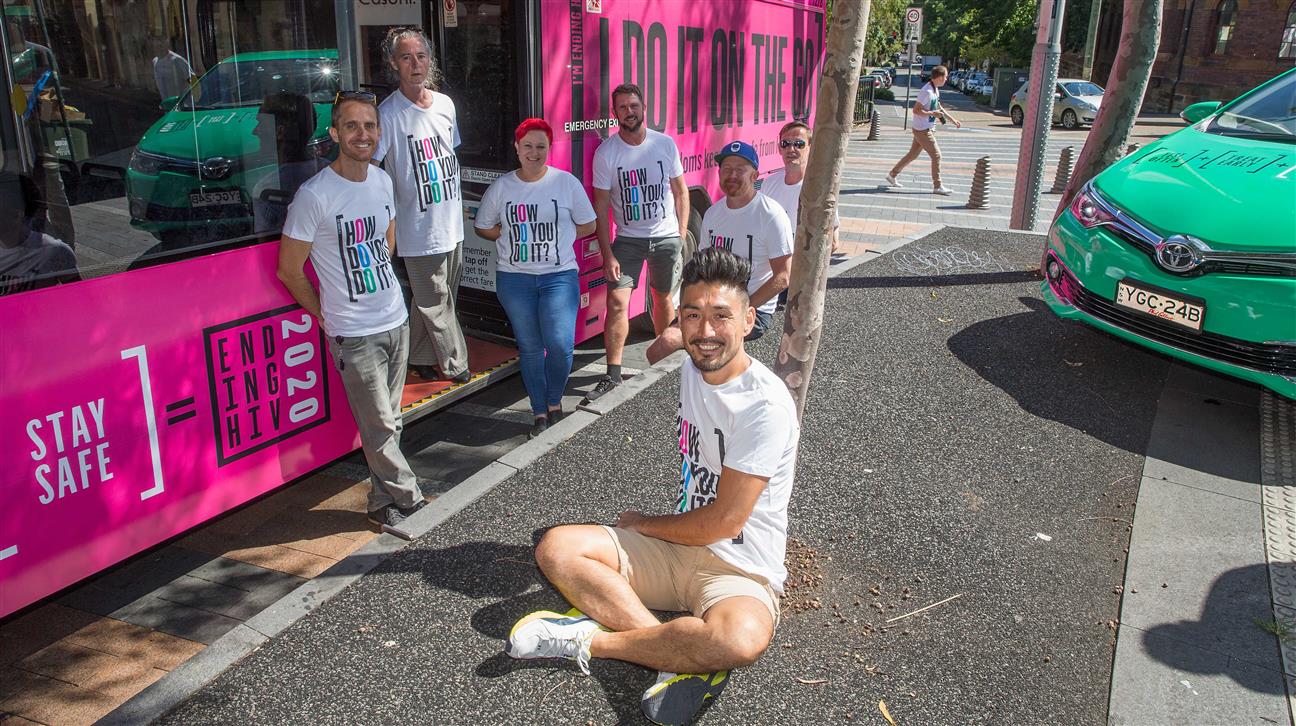
The long road to LGBTI health inclusion

Seventeen years after ACON expanded its scope to take on a broader range of health issues, we reflect on the progress that has been achieved and the ongoing challenges for the health of our community.
***
In the year 2000, the health of our communities was at an interesting juncture.
With the introduction of effective treatment from 1996 onwards, the way the community perceived HIV had changed although trauma was still present and continuing to impact on many lives.
Alongside growing acceptance of our communities, this change opened up space for ACON to engage in a greater public discourse about other health issues that disproportionately affect us.
As a part of this growing recognition, ACON made a significant and controversial step, to expand its remit to include other areas of health.
HIV intersects very closely with other health issues and it was also plain that these other health issues were essential in their own right. At the same time, most mainstream services had little to no interest, expertise or cultural competency to work with our communities.
Health disparities occur in a range of areas and these are predominantly the result of experiences of exclusion, discrimination and poorer access to services. Unfortunately, the same form of exclusion that has impacted on us collectively, occurs within our communities as well.
The impact of racism and transphobia within our communities needs to be openly acknowledged and discussed, with the voices of diversity given priority.
ACON currently has a strategic focus on HIV and sexual health, mental health, alcohol and other drugs, smoking, ageing, domestic and family violence, and homophobic and transphobic violence. This isn’t every issue that affects our community but it is where we feel that we can have a significant impact.
There is an increasing recognition in Government health policies and strategies that our communities can have particular needs or health disparities. Government strategies that recognise our communities include the National Ageing and Aged Care Strategy, the National Drug Strategy and the forthcoming NSW Tobacco Strategy and the Fifth National Mental Health Plan.
In some cases this has led to increased funding for community-based health organisations or programs, although too many times we have seen our communities acknowledged in words but this had not flowed through to programs and services.
It is also fair to say that different populations within our community have had a differing level of attention and focus. A number of services, including at ACON, are inclusive all members of community.
However there are specific issues particular for lesbian, bisexual and queer women, people with trans experience or people with intersex variations and others that can’t be easily addressed in a collective program.
Peer-based responses to health have incredible impact and there are a range of organisations in NSW and across Australia that have strong, historical and cultural connection to specific parts of our community. Partnerships between organisations with different strengths invariably produce better outcomes.
There needs to be a continuing focus on building local evidence about health needs, particularly for lesbian, bisexual and queer women and transgender women.
Specialist services from peer-based community organisations will continue to have a vital role in meeting the needs of many in our communities and leading practice.
Mainstream services need to continue to improve their practice with support from community-based organisations, for example through ACON’s recently launched Pride in Health and Wellbeing program.
Government has a crucial role to play in identifying and prioritising activity through the health system. Government health strategies can be powerful tools for generating change and improving practice and the NSW HIV Strategy is an excellent example of this.
The understanding of the needs of our communities has improved since 2000, but we have a long road ahead of us. Our communities have a stronger voice, more allies, and are more able to openly participate across all levels of society.
It is important celebrate and acknowledge progress, but we need to maintain our support for each other and demonstrate solidarity to make sure that the health gains we have started to achieve are shared by all.
James Gray is the Associate Director of Policy, Strategy and Research at ACON, NSW’s largest HIV prevention, HIV care and LGBTI health organisation.










There are many compassionate people in australia who outnumber the anti glbtqi types that live there. Same sex marriage is going to happen this year I believe…I like to think of the non-hetero community as the gay community with a happy disposition and outlook on life not persecuted by bigots.